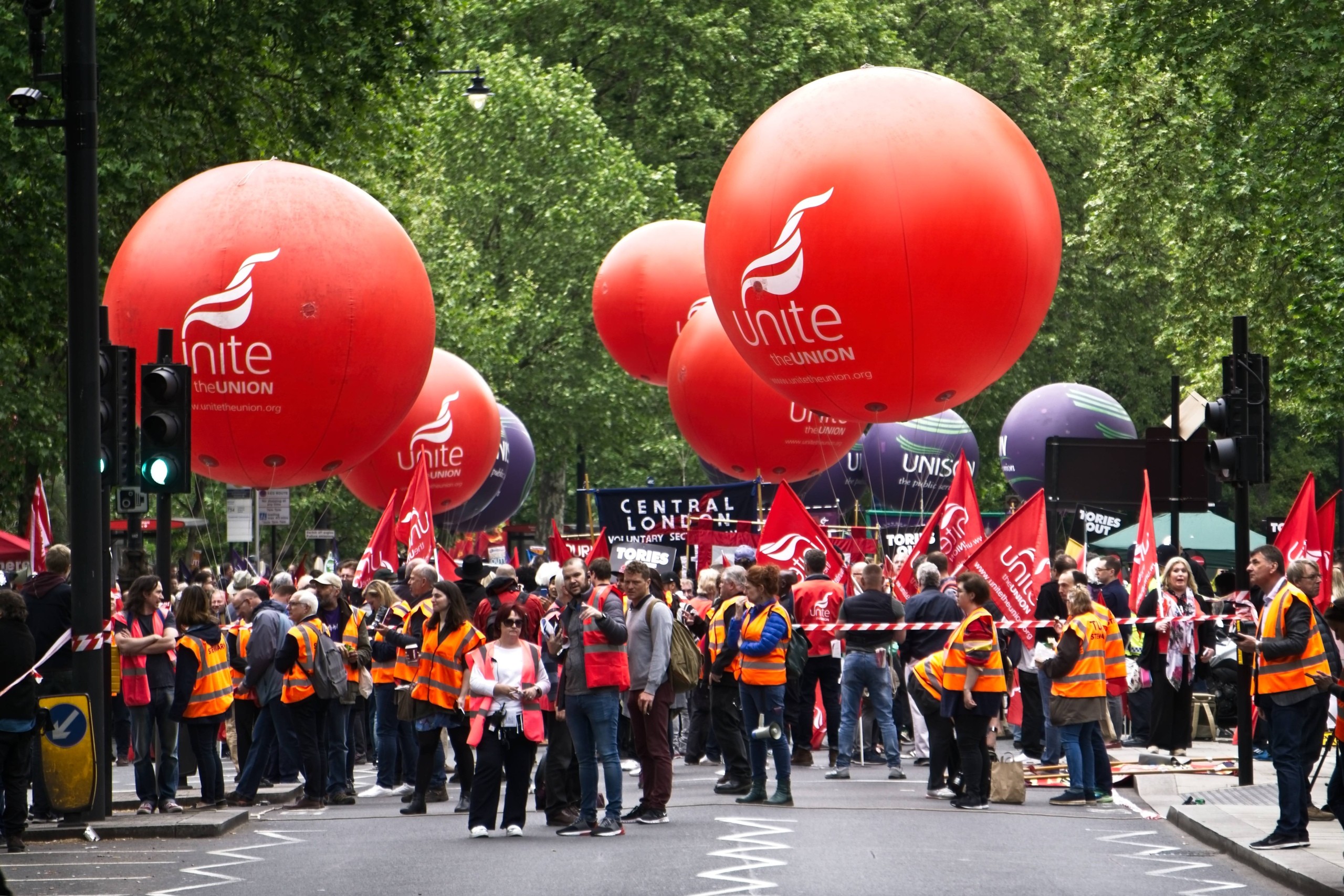The closed shop agreement (where an employer and a union agree that all employees must be union members in order to be employed) has been publicly derided since it was dismantled by the 1980, 1988, and 1990 employment acts. However, should the Labour party win the next election, it would be a logical step for a Labour Government to bring it back. Closed shops complement Labour’s proposal for sectoral bargaining. Although the precise shape of how this sectoral bargaining will work remains unclear (it is possible it could look very similar to New Zealand’s) the fundamental principles of it are clear. These are that the state will facilitate employers and organised labour to negotiate over minimum-standards in given sectors, such as social care.
Assuming that the state intervenes to coerce uncooperative employers to enter into these negotiations, it would be ideal for employers for labour to be as organised as possible and for the unions involved in this process to represent, and be democratically accountable, to as many of the given workers as possible. A closed shop would be a benefit to employers operating in this structure as well as trade unions. It would certainly be preferable to negotiating with a union that represents say 60% of workers in a given sector, a clear majority and membership density that many unions would currently be happy with, but, by definition, still do not represent a significant number of employees.
There are questions about how such agreements would work in practice. To begin with, the law would need to be changed so that protections against unfair dismissal were extended to industrial action over disputes about closed-shops, and it was nominally possible to discriminate against someone by virtue of them not being a trade union member. Equally, it would be sensible to have the creation of any given closed shop agreement dependent on a ballot of the relevant group of workers returning a majority of those who voted. If a given individual does not feel strongly enough about the issue to vote against it, then their lack of a vote should not count as an effective no vote.
While it is probably a tad excessive to insist that employees should have to join a trade union even if they really do not want to, a compromise position could be reached. Many previous closed-shop agreements (which employers agreed to enter) had clauses where an individual could opt-out of trade union membership if they gave the equivalent of their membership fee to a charitable cause. This could be a mandatory part of any closed shop agreement and all workers covered by such an agreement would be given this option. Still having to part with the money could be seen as a job tax for being employed in a well-unionised sector in which workers are given the tools to secure better pay and conditions. Administering this would be straightforward as Labour have pledged to repeal the 2016 trade union act, which means that there would not be the current obstacles to an effective check-off system (which is where an employee’s membership fee is deducted at source from their payslip).
If an individual is adamant that they do not want to part with any of their wages because of the presence of a closed-shop (whether through membership fee or charitable donation) then fair enough; they could opt out of paying anything while also opting out of any improvements pay and conditions secured by collective bargaining in their employer and sector. After all, why should someone be entitled to receive the benefits that are made possible by other workers paying membership subscriptions they do not?
Any closed-shop agreement entered into between one union and an employer would risk giving the specific union (or rather its lay officers and paid staff) too much power over an individual’s employment; and unions are far from perfect when it comes to personal conduct. A situation where a union could victimise someone by expelling them from their union and, therefore, employment is distinctly sub-optimal. Therefore, it is important that all closed-shop agreements allow for the presence of multiple unions, giving genuine choice to workers and ensuring a balance of power between different unions, sectoral bargaining will involve more than one union per sector after all.
None of the above would be straightforward to implement, data protection laws would potentially be a substantial obstacle and a mechanism for obtaining clear employee consent about the handling of their data would be vital, but is far from impossible. Even if the idea of a return to closed-shops proved too unpalatable, it may still be possible to make agreements where, upon starting work, an employee has to opt-out of being enrolled into trade union membership instead of opting in. It would be interesting to see just how many would opt-out; it is doubtful that many would.
Closed-shops would be better suited to Labour’s current approximate conception of industrial relations as they would bring increased stability and legitimacy to the process of sectoral bargaining and greatly increase its chance of success. Legalising closed shops would dramatically increase trade union membership and, consequently, how unions function at a shop-floor level. Closed shops, along with a conscious effort by trade unionists, would enable a shift away from unions having to advertise themselves as a form of important employment insurance, and restore them as powerful bargaining units which employees have democratic participation in, and would be an integral part of a workplace’s identity. Democratic participation would be further complemented by Labour implementing electronic voting for trade union ballots. How precisely this new relationship would manifest itself can only be known once closed-shops are legalised. Labour have nothing to lose by at least establishing the legal framework that would make these agreements possible, and potentially a lot to gain.


